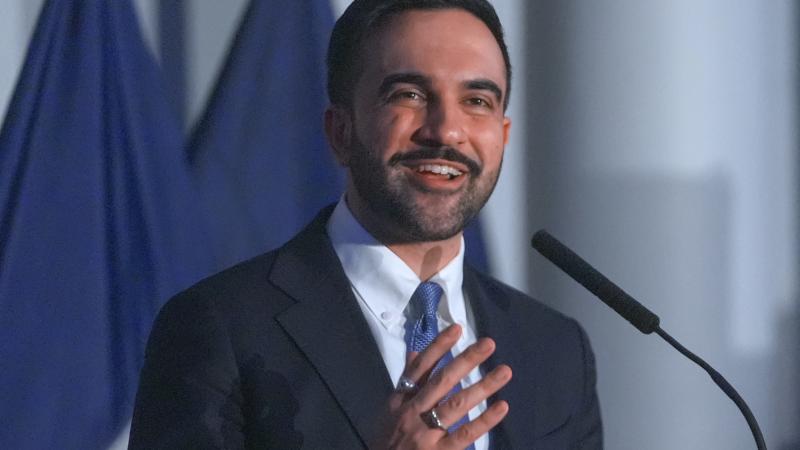California assembly advances universal healthcare in bill that could double taxes
The bill would enroll every state resident in CalCare, which would include gender-affirming care, home health care, assisted living facilities, dialysis, and acupuncture.
(The Center Square) - The California Assembly Health Committee voted to advance a bill that would establish a universal healthcare board that would ban most private healthcare and require shifting the entire $405 billion annually spent on healthcare in California onto the state budget. As the state faces a $73 billion budget deficit, it is unclear which taxes would have to be adopted to absorb hundreds of billions of dollars in new costs.
“With continued collaboration, California has the opportunity to be a model for the nation on what a progressive alternative to our fragmented, profit-driven status quo can be,” said Assemblymember Ash Kalra, D-San Jose, in a statement celebrating the AB 2200 advancing to the Appropriations Committee after a 9-4 vote.
The bill would enroll every state resident in CalCare, which would include gender-affirming care, home health care, assisted living facilities, dialysis, and acupuncture. While private insurance would be banned, limited private care would be available for care not covered under CalCare, but providers of non-covered services would have to negotiate prices with the government.
CalCare funding would not be able to be used for any projects that result in “reductions in registered nursing staffing” or “changes in emergency room or primary care services or availability.” CalCare would also have final say over profit margins for healthcare providers contracted by CalCare and would “evaluate the source of margin generation.”
While individuals would not pay healthcare providers for any services, coverage for all would be paid for by diversion of federal Medicare and Medicaid funding to CalCare, but largely through increased state taxes.
AB 2200 would not create any new revenue, but would establish the governance structure for CalCare and outlines CalCare coverage. Once the legislature creates enough funding for CalCare to begin operations, a transitionary period would begin where Medicare and Medicaid beneficiaries under 18 or 55 and older are put on CalCare, and individuals can keep private insurance until the transitionary period ends at an undetermined time.
While the California Constitution guarantees the public’s right to access meetings of public bodies or the writings of public officials, AB 2200 would exempt CalCare from these transparency requirements.
In its analysis of the bill, the Assembly Health Committee notes “since 2008, premiums for job-based family health coverage in California have grown by 49% on average; but real median wages have remained stagnant.” The Affordable Care Act, which was supposed to reduce healthcare costs, was signed into law in 2010. The committee’s analysis also found there would be many federal issues regarding “federal law and regulation related to Medicare and Medicaid.”
Opposition to the bill focused on the track record of other nations’ universal healthcare systems. The California Medical Association says balanced budget requirement would likely leading curtailment of critical healthcare in lower-budget years, and America’s Physicians Groups’ fear doctors would abuse the proposed system — which gives providers broad discretion in approving covered care under a fee-for-service model — to approve unnecessary medical procedures for extra money.
“In the U.K.'s single payer system, 120,000 patients died in 2022 while on wait lists for care. In Canada, the median wait time between a referral from a general practitioner to a specialist procedure is 27.7 weeks,” wrote insurers against the bill. “In contrast, the average wait time to see a specialist under our current system in the U.S. is 26 days.”
AB 2200 next faces the Assembly Appropriations Committee. Kalra’s similar 2023 bill, AB 1690, did not leave the Assembly Rules Committee. State Sen Scott Wiener’s 2023 bill SB 770, opposed by Kalra for not acting quickly enough, became law and requires the state to discuss with the federal government how it might establish a unified healthcare financing system that would allow federal Medicare and Medicaid funds to be used for California’s universal healthcare system.














